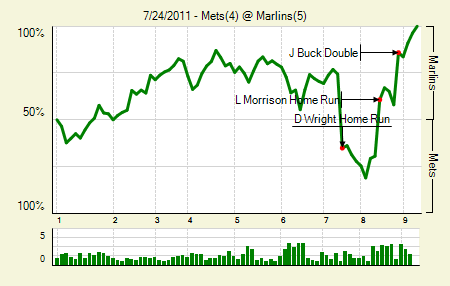The trade deadline will pass at 4:00 PM EST on Sunday July 31, giving teams a week to make deals before having to resort to the waiver wire.
Clubs approach the deadline differently based on goals relative to their current position in the playoff picture and their financial outlook. Playoff locks will look to improve a minor roster deficiency, while teams on the fringe will try to plug a major hole to shed their quasi-contender status. Some teams might try to unload a bad contract, even if they have to pay a large portion of the remaining salary. Teams clearly out of the race may look to trade away their valuable major league assets for prospects in the hope of contending in the future.
Despite the varying approaches, each team has a certain level of need to get things done. To that end, I decided to rank the teams in order of their levels of necessity as a makeshift primer of what can be expected as the deadline draws nearer.
The rankings are based on the goals mentioned above but don’t follow a specific formula. Not every team at the top is a fringe contender in a tight race, and the bottom third isn’t dominated by teams out of the playoff picture. The cellar-dwelling Astros, for instance, have as pressing a need to make moves this week as the Cardinals, who are tied in their division. Their respective spots in the rankings reflect the similar needs.
For the serious contenders, success in the playoffs did come into play to an extent, though it was definitely balanced with the likelihood they make the playoffs to begin with. The list is presented in order from least pressing to most pressing need to make moves this week, and our first group features as many contenders as non-contenders.
#30 – Boston Red Sox
The Red Sox are way too strong to miss the playoffs. In fact, they might be the one contender capable of dealing away pieces based on their depth. If Jed Lowrie were healthy, the Sox could deal Marco Scutaro to a team like the Diamondbacks, who desperately need a shortstop. Scutaro is unlikely to be moved, but if any team could unload an everyday position player and not miss a beat, it’s the Red Sox. Word is they might be looking to acquire a backup outfielder and a 5th starter, but their odds of making the playoffs and winning the world series don’t hinge on either move.
Read the rest of this entry »
